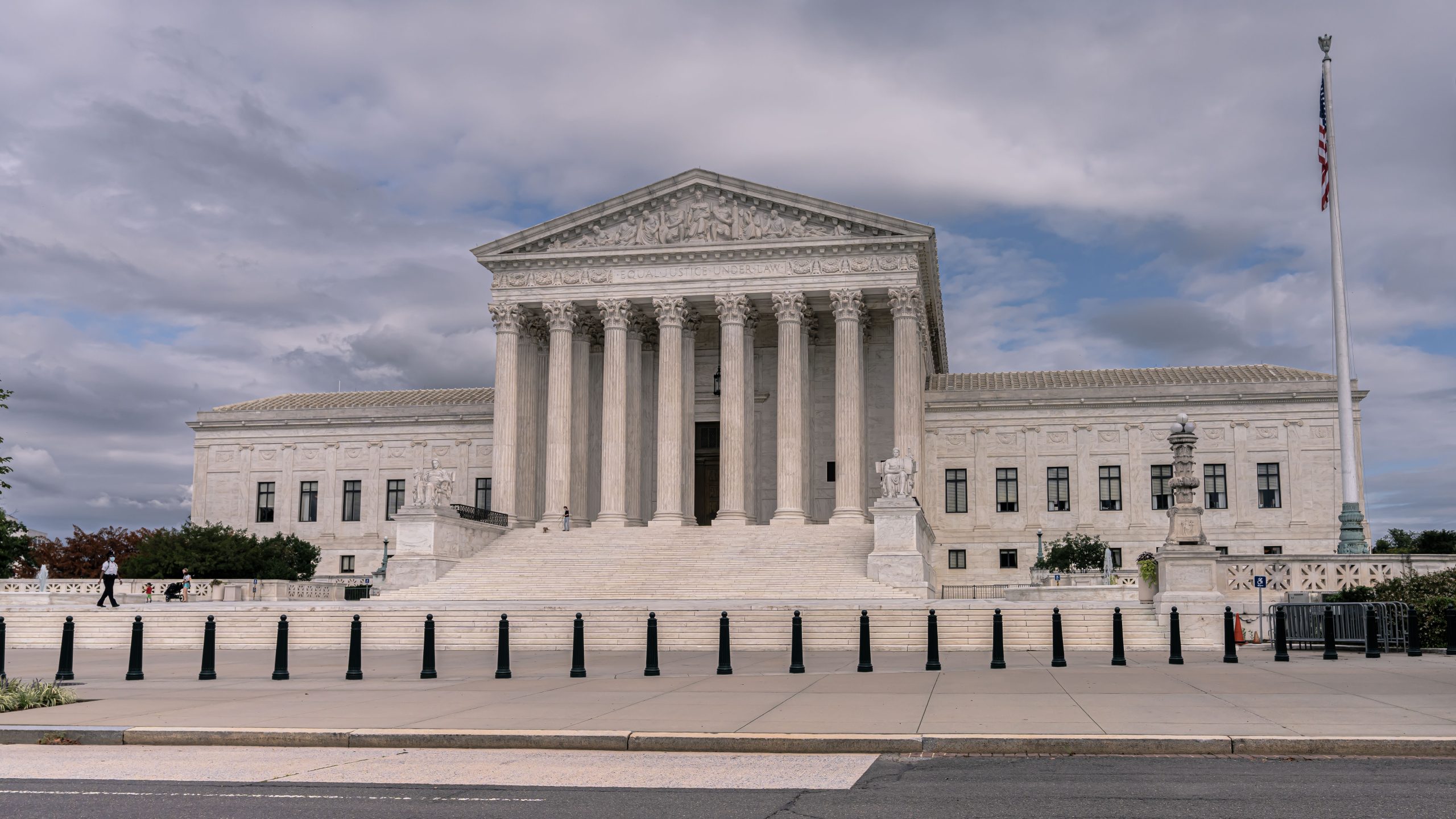Clarifying Misconceptions about Tax Relief: A Guide for Small Businesses and the Employee Retention Credit
The wake of the pandemic saw many businesses mistakenly claim tax relief benefits, largely due to misinformation, according to National Taxpayer Advocate, Erin Collins. This specifically pertains to the Employee Retention Credit (ERC), a measure introduced to help small businesses during the COVID-19 crisis.
The ERC provides up to $5,000 per employee for 2020 or $28,000 per employee for 2021, and there's still time to amend returns and claim this credit. However, the complexity of the relief scheme has led to an influx of firms falsely asserting businesses' eligibility.
"Unfortunately, individuals have been misguided," stated Erin Collins at the recent annual conference of the American Institute of Certified Public Accountants. This has led to some businesses erroneously claiming and even receiving refunds.
The IRS has been vocal in cautioning against 'third parties' promoting the ERC and even featured the issue in its 2023 Dirty Dozen list of tax scams. Recent data reveals that over 866,000 companies have successfully claimed ERCs, totaling over $152.6 billion.
However, the IRS now faces a backlog of Form 941-Xs, which businesses must submit to amend returns and claim the ERC. As of mid-June, about 537,000 forms remained unprocessed.
Collins asserts that the IRS is formulating guidance for those who might have inaccurately claimed the credit. She urged businesses that realize they are ineligible to act promptly and rectify the situation.
Rosemary Sereti, managing director of Deloitte Tax and former IRS senior executive, also emphasized the importance of businesses taking the initiative to correct ERC-related mistakes.
Of the backlog, Collins noted that many are "legitimate claims" awaiting IRS examination. The IRS has allocated trained staff at two locations to process the backlog and examine potential Covid-19 credits.
Businesses that have inaccurately claimed the ERC may face penalties, warns Debra Estrem, managing director of private wealth controversy at Deloitte Tax, and former IRS Office of the Chief Counsel employee. The specific penalty depends on whether the error was on the original or amended return and can generally amount to 20% of the excessively claimed amount.
Importance of Resolving Tax Debt for Passport Retention
Are you aware that unresolved tax debt can lead to the revocation or denial of your passport? According to U.S. regulations, the State Department has the authority to revoke or refuse to issue passports to individuals who owe federal tax debts of $59,000 or more, given a tax lien or levy has been filed against them.
It's essential to note that this regulation doesn't apply to individuals adhering to an installment agreement for their taxes, those declared bankrupt, residents of a federally declared disaster area, or people whose tax debts are deemed uncollectible due to hardship by the IRS.
The process for this involves the IRS providing the State Department with the names of taxpayers meeting these criteria. Those with certified debts are notified that their names have been submitted to the State Department, typically through a CP508C notice. Receiving this notice should prompt immediate contact with the IRS to arrange debt resolution.
The significance of this issue is emphasized by the rising number of legal cases involving passport revocations due to tax debts. In the U.S. Tax Court, the IRS has consistently emerged victorious in these cases.
For instance, in one case (Gayou, TC Memo. 2023-61), a man owing approximately $62,000 in tax debts across three years contended that his debt certification to the State Department by the IRS was erroneous. However, the Tax Court deemed the IRS's action appropriate and dismissed the case.
In another case (Meduty, 160 TC No. 13), a man with over $100,000 in tax debts spanning eight years claimed he never received the CP508C notice. The Tax Court ruled that an incorrect or missing notice doesn't invalidate the debt certification to the State Department.
These examples highlight the serious implications of outstanding tax debts on one's passport status, underlining the importance of addressing and resolving tax debts promptly.
Supreme Court Decision: IRS Can Summon Bank Records Without Third-Party Notifications
In the recent Polselli v. Internal Revenue Service case, the Supreme Court declared that the IRS is not required to notify third parties when summoning banking records in tax collection scenarios.
The case revolves around taxpayer Remo Polselli, who accumulated over $2 million in federal tax debt over several years. The IRS proceeded with collection efforts and obtained an order compelling Polselli to submit particular financial and business documents. Moreover, administrative summonses were served to banks where accounts were held by Polselli's wife, Hanna Karcho Polselli, and his legal counsel.
Such summonses typically demand specific information—in this case, financial records. The IRS' motive was to obtain information that might assist them in collecting the tax debt Polselli was already deemed to owe.
Notably, the IRS did not inform Polselli's wife or his lawyers about the summonses issued to the banks. It leaned on the exclusion clause in section 7609(c)(2)(D)(i) of the Tax Code, which allows for skipping notice in summonses issued "in aid of the collection" of tax assessments.
The case put a spotlight on whether the statutory exception to the notice requirement applies solely when a taxpayer has a legal interest in the accounts or records summoned by the IRS. In response, the Court concluded that "The notice exception does not contain such a limitation."
The statute (section 7609) lists three conditions under which the IRS can be exempted from giving notice:
- A summons must be "issued in aid of . . . collection."
- A summons must assist the collection of "an assessment made or judgment rendered."
- A summons must facilitate the collection of assessments or judgments "against the person with respect to whose liability the summons is issued."
The Court declared that none of the above components for dismissing notice in §7609(c)(2)(D)(i) require the taxpayer to hold a legal interest in the records sought by the IRS.
However, the Court clarified that its decision does not discount concerns about the broad scope of the IRS's authority to issue summonses. They acknowledged privacy considerations and emphasized that the IRS's authority to issue summonses "in aid of the collection" is not unlimited.
Despite this decision, the Supreme Court did not define the exact boundaries of the phrase "in aid of the collection." Nevertheless, the Court decisively answered the question at hand: the notice exception does not necessitate that a taxpayer maintain a legal interest in records summoned by the IRS. The answer, they concluded, is no.
Chief Justice Roberts delivered the unanimous opinion of the Court, and Justice Jackson filed a concurring opinion, joined by Justice Gorsuch.
For more information, please reach out to our office at (207) 901-1000 or www.proponotaxresolution.com.




